#Europe
America's Favorite Sedan to Take a Boat Trip
The Toyota Camry holds the remarkable distinction of being a midsize sedan with U.S. sales that actually increased over the first five months of 2018. Impossible, you say. It can’t be. You’d trade your kids for a crossover, but wouldn’t stoop to pick up a “free sedan” voucher if you passed one on the sidewalk.
Well, it’s true. Year to date, Camry sales are up 2.1 percent in the United States. Last year’s introduction of an eight-generation midsizer seemed to halt the sedan’s sales decline, though we’d be fools to think it’s anything other than a temporary lift. Camry volume sunk 7.9 percent in May. June could send the model into the negative.
Toyota seems aware of this, too. Maybe that’s behind the decision to send the Camry somewhere it hasn’t been in years.
GM to Europe: Don't Be so Down on Diesel
Even though General Motors gleefully offloaded its European division to the French, it still maintains a slight presence in the region. A powertrain engineering center in Turin, Italy remains in the GM fold, which gave the automaker an opportunity to dish on a much-maligned propulsion source: diesel fuel.
Hey, this stuff’s still useful, the automaker’s CEO of global diesel development, Pierpaolo Antonioli, told an uncertain European crowd this week.
Nissan Withdrawing From European Diesel Market, Rest of Japan Likely to Follow
Despite recent claims from Bosch that it’s prepared to save the diesel engine from becoming outlawed in Europe (which is like a prettier and less-free version of America), Nissan has announced its intent to withdraw sparkless motors from the market. Thanks to dwindling demand, the automaker claims it’s going to begin a gradual retreat until it no longer sells diesel vehicles in the region.
The announcement follows a similar plan unveiled by Toyota in March of this year and calls into question what the remaining Japanese manufacturers will decide in the months to come. Nissan said Monday that it will shift its focus to electrified vehicles, hoping the emerging technology can fill the void. But European manufacturers have the most to lose as the market changes.
Rare Rides: 1986 London Coach Sterling Limousine - Formality and Finery
Today’s Rare Ride hails from beyond the normal reaches of even astute car enthusiasts’ knowledge base. It was the brainchild of some British executives who were convinced there was a market for the classic London Taxi in the United States. In addition to standard taxis, the company offered one that was thoroughly luxed and broughamed.
I’m just not sure.
Rare Rides: The 1992 Volkswagen Passat Syncro G60
Today’s Rare Ride is a reader submission by one Eric T. Perusing Craigslist in Frasier Crane’s hometown of Seattle, he came upon this quite uncommon Volkswagen Passat wagon. It’s a variant never sold by American dealers, but available on the Canadian side of the border in very limited quantities.
It’s all-wheel drive, has a manual transmission, and is supercharged.
Ford Continues Fighting for Europe
Ford Motor Company has a lot invested in Europe. While the continent spent decades operating facilities under the lose leadership of Ford of Britain, Detroit acquired direct ownership in 1950. From there it extended its influence dramatically, buying up established European manufacturers near the close of the 20th century. But things haven’t always been good; economic hardships have been par for the course and things haven’t been easy in a long time.
Presently, Ford makes around $75,000 in profit for each of its employees in the United States. In Europe, that number is about $4,300 per worker. While we’re sure that makes domestic line workers feel entitled to a small pay increase, the point is that the profit margins across the pond are pretty slim for Ford.
However, unlike General Motors, the company doesn’t want to abandon the region. The automaker says it’s taking a renewed interesting in figuring how to keep profits up and is avoiding any speculation that it might duck out of Europe entirely. But let’s revisit its hardships over the last decade so we can establish a framework for why Ford is having a rough go of it.
As It Tries to Gain Traction in Europe, Jeep Brand Boss Promises 'the Year of Jeep'
Two years ago, Fiat Chrysler CEO Sergio Marchionne could barely contain his enthusiasm for the Jeep brand and its barely-tapped global appeal. A sales juggernaut in America, the rugged, go-anywhere brand had a stable of models ripe for the global picking. All it needed was more local production, more new models, and voila — world-straddling dominance.
Two years later, and the brand’s growth predictions are starting to look less than plausible. Marchionne hoped for worldwide Jeep sales of 2 million vehicles in 2018, but last year’s sales may well have been a glass of cold water in the face. While the brand’s strategy could still pay off, it’s going to take longer than expected to reach Marchionne’s target.
Forget the minor markets — Europe needs to learn to love Jeep, America needs to pick up the pace, and China can’t back off now.
Rare Rides: A 1994 Citron XM From Right Next Door
It has six cylinders, it’s front-wheel drive, and it carries cloth seats and an automatic transmission.
No, we’re not talking about your grandmother’s 1995 Buick LeSabre — today we’re discussing the stylish and French five-door liftback known as the Citroën XM.
Is Europe Saving the Mustang? Well, Not Exactly
The Ford Mustang grabbed its passport and went overseas in 2015, crossing border after border as its parent company followed through on a plan to plunder (and grow) the right-hand-drive sports car market. Customers in Europe and China finally got a taste of pony car action as Mustang sales expanded to over 140 countries.
At home, the Mustang remains a strong seller, but the market’s growing distaste for passenger cars means even rear-drive coupes and convertibles with a storied heritage aren’t immune to volume loss. After reaching a post-recession U.S. sales high of 122,349 cars in 2015, Mustang sales fell to 81,866 units last year. Volume over the first two months of 2018 is down 21.1 percent over the same period last year.
Not to worry — the Mustang’s European popularity is keeping executives in Dearborn happy, right? Well, European customers help, but they’re far from the model’s savior. Especially if they stop buying.
Volkswagen CEO Really Wants the Good Old Days Back, Predicts Diesel Resurgence
Despite a multi-billion-dollar emissions scandal, a massive corporate black eye, and all signs pointing towards a future devoid of diesel passenger cars, Volkswagen Group CEO Matthias Müller isn’t willing to let go of the past.
While addressing media at the the Geneva Motor Show, the VW boss — perhaps angered by all the newfangled electric cars in attendance, one of which is a Volkswagen — predicted the public would soon realize the error of its ways and return to the comforting arms of diesel propulsion. There’s a renaissance on the way, he said.
However, the fly in Müller’s soothing ointment appears in the form the The Government and the industry’s (and public’s) inclination to go where the incentives are.
Retro Is Your Future: Honda Confirms Production of an EV That's Hard Not to Love
Electric vehicles. Yawn, right? It’s easy to be cynical about the high-flying production promises tossed about by practically every automaker, but if the real-life version of Honda’s Urban EV Concept looks half as quirky as the show car, the big H might have a bonafide green hit on its hands.
As the Geneva Motor Show opens to journalists, Honda has announced a production version of the retro-styled hatchback. It turns out CEO Takahiro Hachigo wasn’t lying when he said the Urban EV wasn’t just auto show eye candy.
Rare Rides: A Lister Le Mans From 1990 Isn't Your Father's XJS
A little while back, we featured a red modified Jaguar XJS that spent some time at a joint Jaguar-TWR shop named JaguarSport and emerged as the XJR-S.
Today we have a look at another possible direction one can go when modifying an XJS. Presenting the Lister-Jaguar Le Mans.
Fiat Chrysler to Stomp Out Diesel Across Its Lineup, Report Claims
The popular thing among automakers last year, besides the incessant preaching of “mobility,” was the pledging of allegiance to an electrified future. This year, it seems diesel fuel is the bogeyman all automakers must reject. We’ve already told you about Porsche’s abandonment of the blacklisted power source. Now, it’s Fiat Chrysler’s turn.
Though unconfirmed at this time, the Financial Times (subscription required) reports that FCA’s mid-term plan, due out this June, will announce the dropping of diesel across its lineup by 2022. If you’re currently wondering how you’ll tow a horse trailer using a battery, don’t get too upset just yet.
After Falling Out of Love, Porsche's Diesel Divorce Is Now Complete
It always felt little odd whenever a diesel-powered Cayenne sidled up to you next to a stoplight. A Porsche that builds SUVs, we used to mull, and diesels, no less!
The public’s discomfort with a German sports car maker entering the utility vehicle field is long gone, and we can now say the same for Porsche’s short-lived dalliance with diesels. The automaker has stated it’s pulling its last remaining oil-burning models off the market.
A new Porsche is born, cleaner, but perhaps no purer.
It's No Wonder the Germans (and Brits) Want Electric Flagships
Stately. Elegant. Dignified. Endangered?
This isn’t the first time someone has applied that final descriptor to flagship passenger cars, and with good reason. As SUVs gobble into traditional passenger car market share, sales of even the most prestigious sedans have taken a hit — leaving premium automakers wondering “what’s next?”
Well, more SUVs, for one, but also more electrification. Luxury car buyers have shown themselves to be more receptive to plug-in hybrid or fully electric vehicles, but more importantly, one pesky American automaker — Tesla — is threatening to eat everyone’s lunch.
In Europe, competition between the Old World and Silicon Valley is heating up, and the newcomer is winning the sales race.



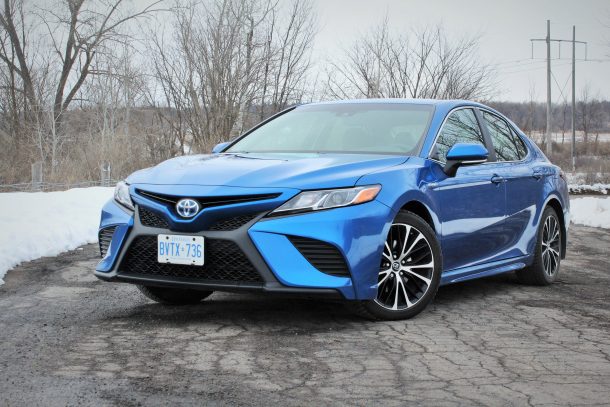



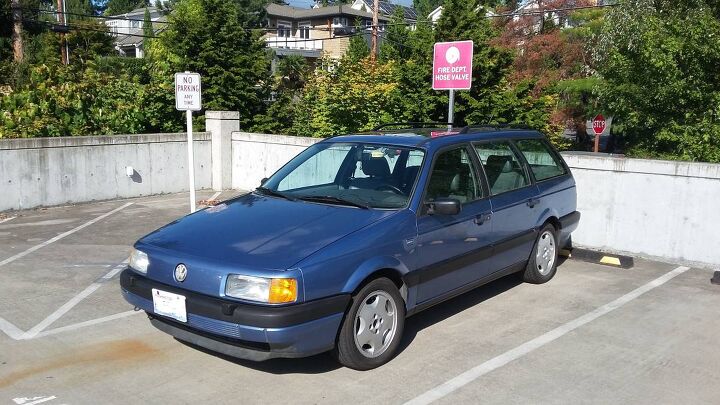
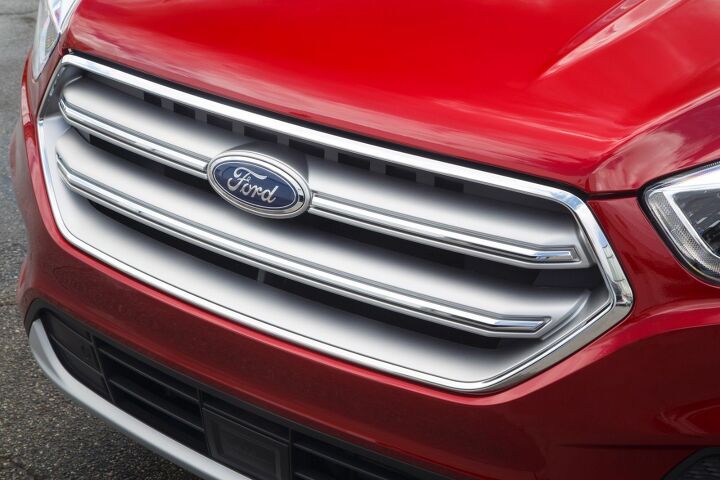

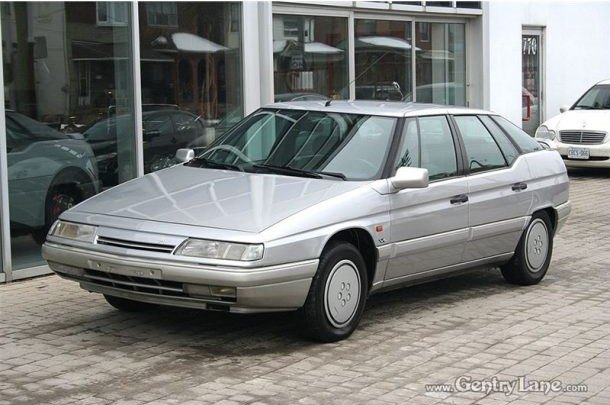



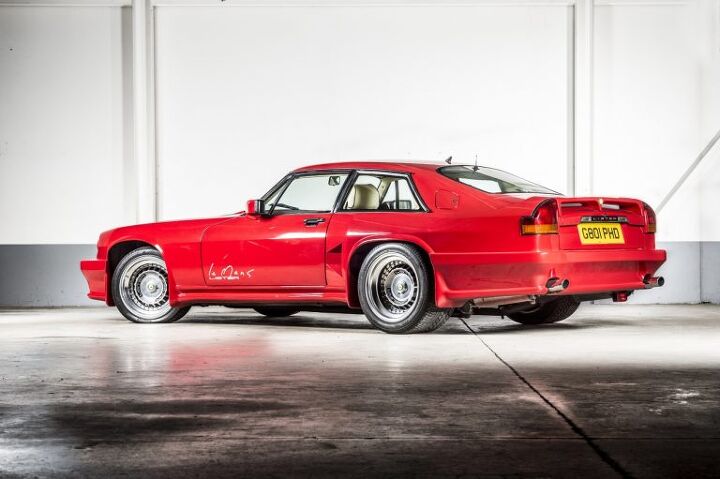

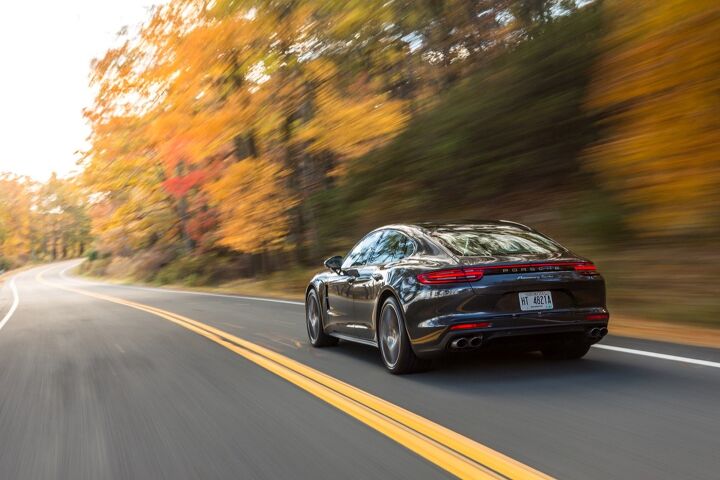













Recent Comments